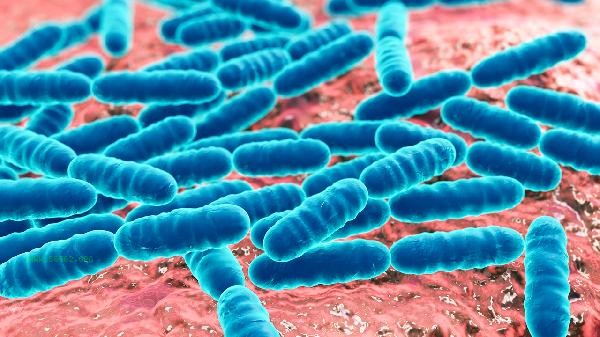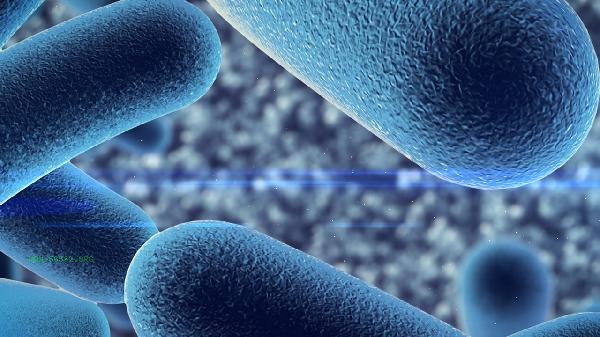Probiotics for weight loss are usually harmless to the body when used reasonably, but attention should be paid to five factors: strain safety, individual tolerance, dosage control, drug interactions, and product quality.
1. Strain safety:

Specific probiotic strains such as Bifidobacterium lactis and lactobacillus rhamnosus have been proven to be safe and effective, but some unverified strains may cause gut microbiota disorders. Choosing strains that have been approved and certified by the national health department can reduce risks and avoid the use of products from unknown sources.
2. Individual Tolerance: About 15% of the population has probiotic intolerance, manifested as bloating or diarrhea. Immunodeficiency patients and patients with severe intestinal diseases should be cautious. It is recommended to start with half the dose when taking it for the first time and observe for 2-3 days without discomfort before increasing the dosage.
3. Dose control: Excessive intake of
may disrupt the balance of gut microbiota, and daily intake should be controlled within the range of 10-30 billion CFU. Some products illegally add laxative ingredients to enhance weight loss effects, and it is necessary to carefully check the ingredient list to avoid compound preparations.

4. Drug interactions:
Probiotics may affect the efficacy of immunosuppressants, antibiotics, and other drugs. Those taking anticoagulant drugs should be alert to the synthesis of vitamin K by some strains. It is recommended to take them 2 hours apart from the drug, and patients with chronic diseases should consult
before use. 3. Product quality:
Improper cold chain transportation can lead to a sharp decrease in the number of viable bacteria. Choosing products using freeze-drying technology is more stable. Pay attention to whether the packaging is labeled with the strain number, shelf life, and storage conditions to avoid purchasing promotional products that are nearing expiration.
Establishing a healthy gut environment cannot rely solely on probiotics. It is recommended to increase dietary fiber intake to 25-30 grams per day and choose foods rich in prebiotics such as oats and apples. Combining 150 minutes of moderate intensity exercise such as brisk walking and swimming per week can improve the efficiency of probiotic colonization. When adverse reactions such as persistent abdominal pain and rash occur, it should be stopped immediately. Special populations such as children and pregnant women should use it under the guidance of a nutritionist. Long term users are advised to pause for one week every three months and observe their spontaneous bowel movements to avoid developing dependence.





Comments (0)
Leave a Comment
No comments yet
Be the first to share your thoughts!